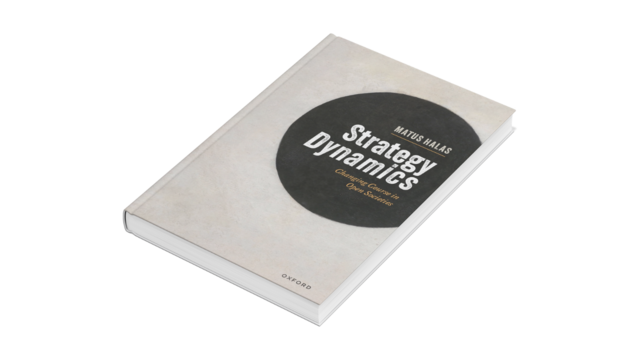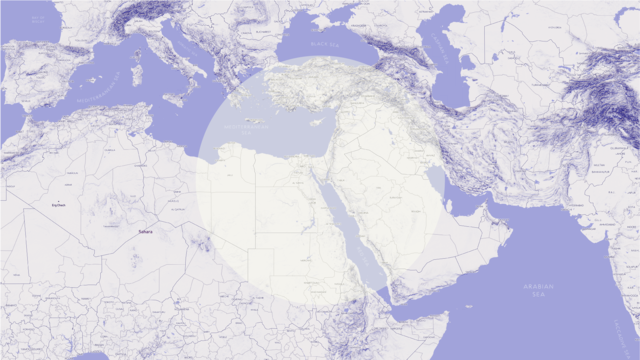Law and political Islam’s transformations: Egyptian Islamists and the notions of a civil state and a religious party

In his new co-authored article, Clément Steuer sheds light on the evolving political landscape in Egypt and the influence of Islamists on the notions of a civil state and a religious party.
Two notions have been at the center of the Egyptian constitutional debates since 2011: the ‘civil state’ and the ‘religious party’. The Muslim Brothers have played on the ambiguity of the notion of a ‘civil state’ as being neither secular nor theocratic, just as their understanding of an Islamic state. The Salafi al-Nūr Party has long refused to embrace the notion. Nevertheless, in 2019 it obtained from the Parliament’s Speaker a definition close to the one defended by the Muslim Brothers and endorsed it as a victory against the secular interpretation of the term. The same ambiguity appears regarding the notion of a ‘religious party’. The al-Nūr Party tried to prevent the interdiction of such parties in the 2014 Constitution. At the same time, it distances itself from the notion, and abides by the law, including Christian members, presenting female candidates, and organically separating political and religious activities.








